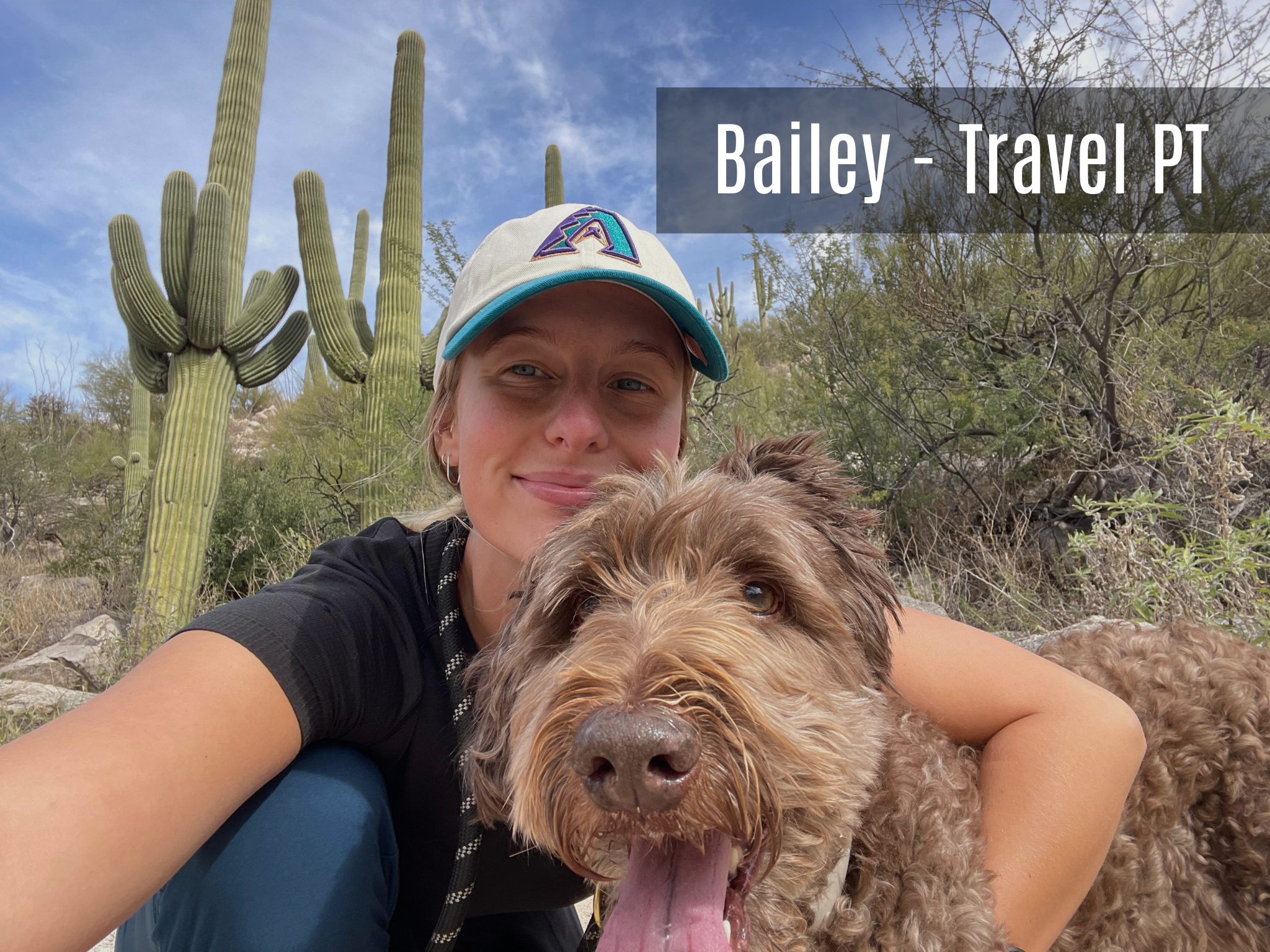Blog
Self-Care Strategies for Travel Therapists: Incorporating Relaxation into Your Routine
Lifestyle Travel GuidesTravel therapy comes with exciting opportunities: new environments, professional growth, and the chance to explore new places. However, the lifestyle also has its challenges, such as adjusting to different settings, managing a changing workload, and being away from familiar support systems. Prioritizing self-care is essential for maintaining well-being and avoiding burnout. Here’s how you can integrate relaxation into your routine as a travel therapist, helping you thrive both personally and professionally.
As a travel therapist or education professional, moving between assignments is an essential part of the job. However, the process can become stressful if not managed efficiently. The good news? With some thoughtful preparation and smart strategies, you can turn the daunting task of moving into a seamless, stress-free experience. Here’s a guide with essential tips to help you streamline your moving process and keep your focus on what you love most—making a difference through your work.
Travel therapists face unique challenges in maintaining a healthy lifestyle due to frequent relocations and adapting to new environments. Maintaining a healthy lifestyle is an important step in preventing fatuge and burnout that can occur while working in healthcare. Taking steps like finding the right living situation, proper nutrition, physical fitness, and mindfulness can help you achieve a healthy lifestyle while making an impact in the locations you love.
Travel physical therapists (PTs) are an integral part of the healthcare system, bringing their skills and expertise to communities that might otherwise struggle to access essential rehabilitation services. Their impact goes far beyond the individual patients they treat; they play a vital role in strengthening healthcare infrastructures, improving patient outcomes, and enhancing overall public health.
Working as a healthcare traveler, you're not always able to travel along with friends or family. That shouldn't discourage you from embarking on the adventure of travel healthcare. As a solo traveler, you'll be able to take virtually any assignment and have the freedom to explore the country at your own pace on your own terms. Whether you're a seasoned traveler or a first time, traveling on your own is an opportunity to step out of your comfort zone. In this article we'll cover the benefits of solo travel therapy, planning to travel alone, and navigating the challenges of traveling without friends or family.






